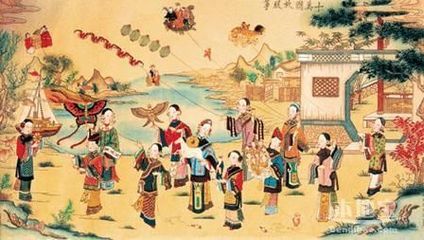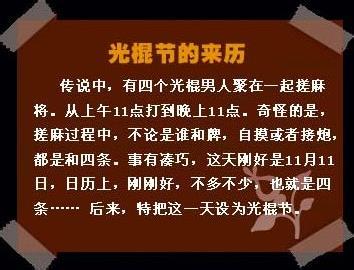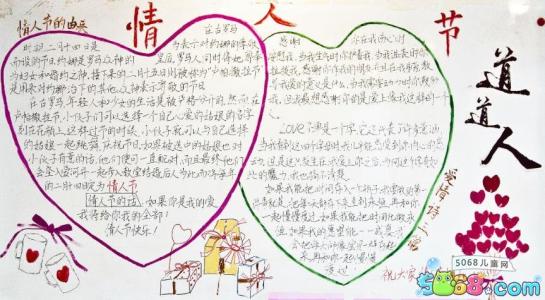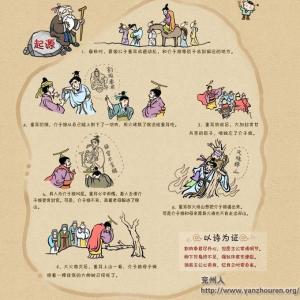4月1日愚人节是舶来品,源自西方民间。那么你知道愚人节英文如何表达,愚人节的来历英文怎么说?分享一些愚人节英文资料 愚人节的来历英文版。
愚人节英文资料 愚人节的来历英文版
April Fool's Day is traditionally a day to play practical jokes on others, send people on fool's errands, and fool the unsuspecting. No one knows how this holiday began but it was thought to have originated in France.
The closest point in time that can be identified as the beginning of this tradition was in 1582, in France. New Year's was celebrated on March 25 and celebrations lasted until April 1st. When New Year's Day as changed from March 25 to January 1st in the mid-1560's by King Charles IX, there were some people who still celebrated it on April 1st and those people were called April Fools.
April Fool's Day is a "for-fun-only" observance. Nobody is expected to buy gifts or to take their "significant other" out to eat in a fancy restaurant. Nobody gets off work or school. It's simply a fun little holiday, but a holiday on which one must remain forever vigilant, for he may be the next April Fool!
愚人节的来历英文版译文
愚人节是一个人们可以相互搞恶作剧,骗人跑腿,欺骗不知情的人的传统节日。没人知道这个节日是怎么来的,但人们普遍认为它源自法国。
庆祝愚人节最早是在1582年,在法国。那时,当时法国新年是在3月25日,一直持续到4月1日。16世纪60年代中期,国王查理九世把新年从3月25日变为1月1日,而还有一些人在4月1日过新年,这些人就被称作四月傻瓜了。
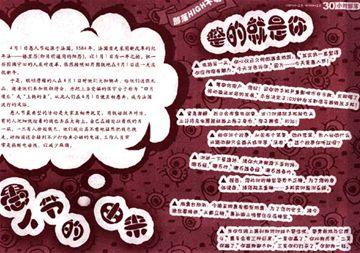
愚人节是一个“仅为娱乐”的节日。谁也不用买礼物,也不用带着男/女朋友出去到一家豪华餐厅去吃饭。人们也不会放假。它仅仅是个搞笑的小节日,但是在这一天,每个人都要保持警醒,不然就要被人耍啦。
 爱华网
爱华网
